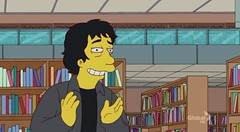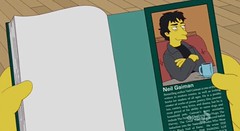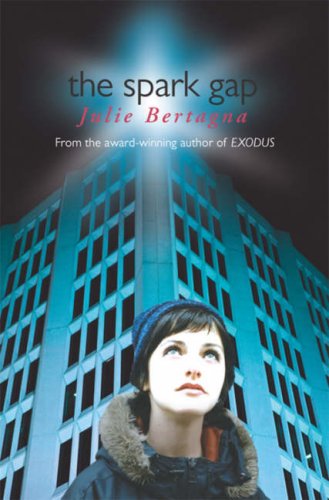I didn’t exactly remember what I’d come for. I am so forgetful, and when the lady in the Scottish Parliament asked what I was there for, I mumbled something about books and reading. I mean, I didn’t know how specific she wanted me to be. It was enough. It separated us from the normal tourists, and she sent us to wait over by the letter D.
Theresa Breslin had suggested we come to hear her on a panel organised by the Carnegie Trust. Other participants were Annie Mauger for the Carnegie Kate Greenaway awards, Miranda McKearney from the Reading Agency and Marc Lambert from the Scottish Book Trust.
I was surprised to find the parliamentary chairs so tightly packed. You need to be friendly with whoever sits next to you. And I’d have liked an elevator to get up there. Daughter was disappointed that she couldn’t vote without a card. Not that there was a vote, but still.
The discussion was chaired by former Biggles fan, Deputy Presiding Officer of the Scottish Parliament, John Scott MSP. He gave the four guests ten minutes each to speak, and Theresa went first, starting with a most impressive Scots poem(?), waving her tartan scarf around to signify who was saying what. It seems she was brought up on this kind of thing, so it’s hardly surprising she went on to become a librarian and an author, despite having to be interviewed by the dragon librarian before she was allowed to borrow books as a child.
She told us about the two books that were the most important to the young Theresa, and went on to describe how she wrote Alligator with the help of some school children. Only a numptie would buy an alligator, apparently.
Miranda spoke about how shocking it is with disadvantaged children who don’t read. She wants reading to have a wider role in children’s lives, and mentioned how well it deals with stress. There is bibliotherapy for mental illnesses, and she seemed to advocate doctors who would prescribe reading.
The Reading Agency has a Story Lab, and it offers the Summer Reading Challenge. She had a lot of quotes from successful cases, and I especially liked the child who said that reading is like going on holiday, but without having to pack.
Next Marc talked about the costs of illiteracy. One billion pounds every year, which sort of makes you wonder why no one does anything about it. Prisons are full of people who can’t read, and too many children’s bedrooms have televisions in them. Few Scottish teenagers read for pleasure.
He compared things here with how it is in Finland, pointing out that teachers there have less teaching time per week, so have more time to arrange their work. It is a prestigious job to have, and the children don’t start reading until they are seven. All this helps.
Annie – who is not a dragon – works with the Carnegie Trust. She had been to a conference in Helsinki (Finland, again), where she had talked to delegates from Nepal. There people put small change into piggybanks, with the money eventually being used to build simple libraries. And South Korea is building 180 libraries. (Did you hear that? 180 libraries!)
‘A literate society’ helps you move forward. (Now, what does that make me think about this country?) It’s important to find the right book for the right child. The shadowing programme for the Carnegie/Greenaway prizes involves a lot of schools, and provides an online discussion forum where silent children can take part, chatting about books.
The Biggles fan remarked that as a new grandfather he sees his daughter reading to her six-month-old baby. But for those who aren’t that lucky, one participant mentioned how you can teach parents to read to their children, including how to hold the book and how to turn the pages.
One important question is how to make reading cool. Theresa favours inviting authors into schools. Someone suggested free online reading for first chapters, and then, once people are hooked, you charge. When money has to be saved, the choice is often between books and sports. Usually sports wins.
Several people in the audience spoke passionately on the subject of reading, and one politician who was present ended up answering questions. We could have gone on and on. But we didn’t, because there were more places to go and more things to do for all of us.
And back in Charlotte Square, I couldn’t help noticing that the children there are the complete opposite to the disadvantaged non-readers we’d just heard about. It makes you think.

Someone next to me found inspiration for this doodle during the debate… Wonder who she had in mind?


























